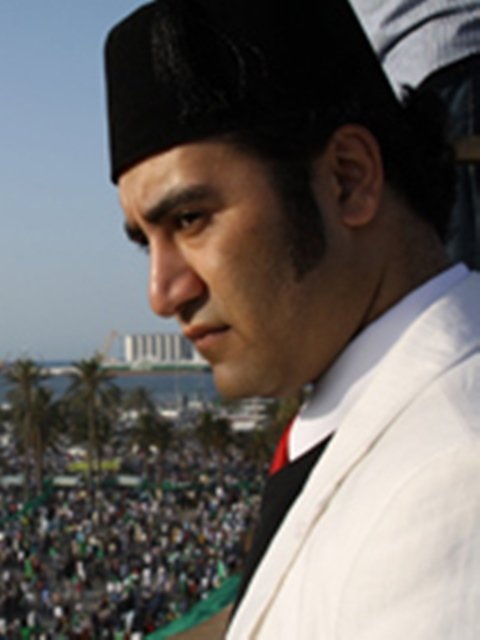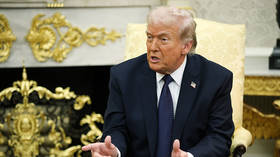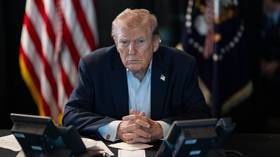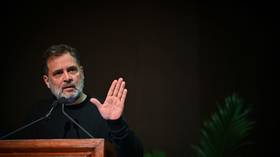Undermining Lebanon: Bombings are part of US-Israeli strategy to sow civil war
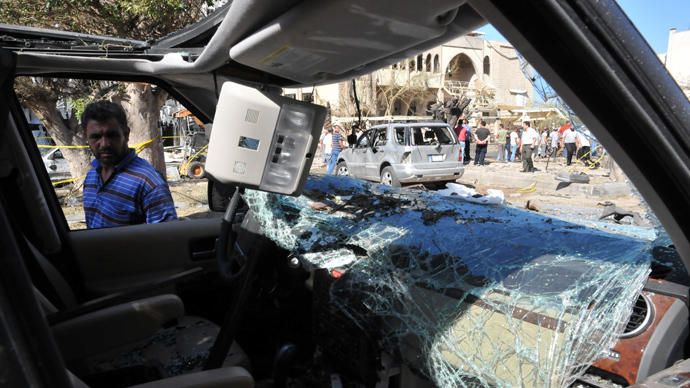
Tensions have been building in Lebanon as a result of the events in Syria. External actors now seek to capitalize on these internal tensions in Lebanese society by igniting a new civil war of some sort.
Their specific objectives are to manipulate the Muslims of Lebanon into a fight between Shiites and Sunnis with the hope of destroying Hezbollah.
The terrorist attacks in Lebanon started with the bombing of Beirut’s southern suburb of Dahiyeh. The first attack took place in the neighborhood of Bir Al-Abed on July 9, 2013. The second twin attacks took place in the neighborhood of Al-Rouweiss on August 15, 2013. Then the Lebanese port city of Tripoli faced twin attacks outside two mosques on August 23, 2013.
Mainstream media's dirty role
Here we can see how the mainstream media is used to (mis)lead the public into seeing things in a way that buttresses foreign policy objectives. Like a united orchestra, the mainstream media in NATO countries, like the US and UK, and GCC countries, like Saudi Arabia and Qatar, all provided the same by-lines and almost the exact same talking points. Their reporting has actually strived to legitimize the terrorist attacks in subtle and indirect ways. Referring to bombings as “blasts” and civilian neighbors as “Hezbollah strongholds,” these media outlets have attempted to casually distort and reframe the events in Lebanon. The word “terrorism” is even omitted from a lot of their reporting.
Through the lenses of their reporting, the bombings in Beirut do not give the impression of being terrorist attacks against poor neighborhoods or unarmed civilians, but as legitimate military “strikes” on Hezbollah garrisons. The goal is to (mis)lead the public into believing that the terrorist attacks are a legitimate retaliation against Hezbollah’s involvement in Syria or just another event that is part of the mythical Shia-Sunni war that the media is working so hard to construct.
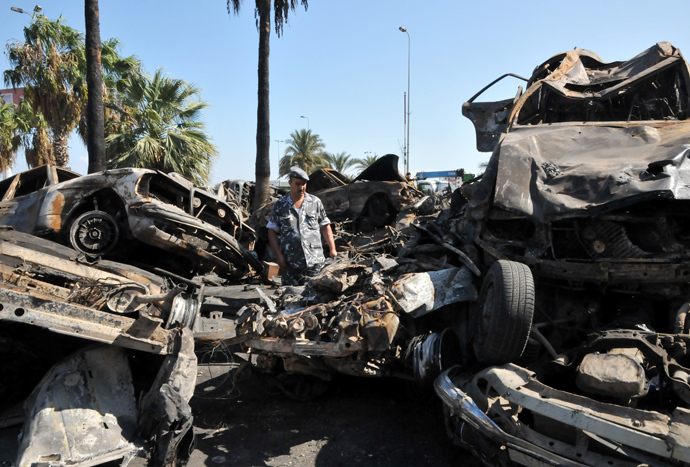
In contrast to their reports on Lebanon, these media outlets sensationalize and exaggerate the events in Syria to the benefit of the regime change agenda against Damascus. These same outlets instead, over and over again, opt to entertain dubious claims about the Syrian government using chemical weapons instead of looking at news like the discovery of the mass graves of people murdered in Latakia by the US/NATO/GCC-sponsored anti-government thugs rampaging in Syria.
Outright media distortions
Aware of the game, Hezbollah’s leadership responded by saying that the attacks are part of a strategy to get Shiites and Sunnis to fight one another and to create divisions among Muslims and Arabs. Its secretary-general, Hassan Nasrallah said in the bluntest of terms that the terrorist bombings in Beirut were not the work of Sunni Muslims and had nothing to do with Sunni Muslims whatsoever or any Arab nationalities. Nasrallah pointed his finger at the US and Israel instead, saying that Hezbollah was fully aware that the intelligence agencies of the US and its allies were manipulating groups like Al-Qaeda as tools to do their bidding.
In a key point, Nasrallah warned that anyone who tried to present the terrorist bombings in Beirut as the work of Sunni Muslims was an accomplice to the Israeli and US strategy to divide the region with hatred and bloodletting.
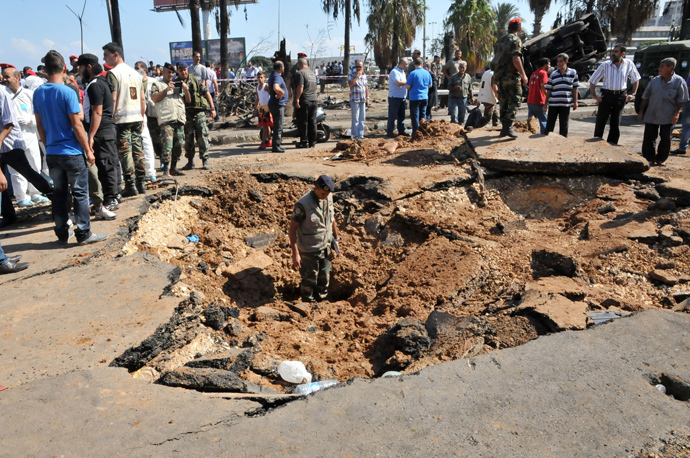
Nonetheless, what did the mainstream media of NATO and GCC countries do? NATO/GCC media outlets did just that by blaming the Sunni Muslims for the bombings in Beirut. In other words, the NATO/GCC media demonstrated their alignment with NATO/GCC foreign policy and their roles as agents of subversion trying to naturalize Shiite-Sunni animosity. They even distorted Nasrallah’s speech and Hezbollah’s position by trying to attribute blaming Sunnis for the bombing to Nasrallah and Hezbollah or they ignored the fact that he went out of his way to say that the bombings in Beirut had nothing to do with Sunnis.
The New York Times, which has been a beacon of lies ranging from
the claims of weapons of mass destruction in Iraq to those now
about Syrian chemical weapons, would publish an article titled
“Hezbollah Makes Vow to Step Up Sunni Fight” that gave the
impression that Hezbollah was fighting a sectarian war against
Sunni Muslims whereas the state-run British Broadcasting
Corporation would write the grossly misleading headlines
“Hezbollah blames Sunnis for bomb.”
Days later, the BBC would alter the title to “Beirut bomb: Hezbollah’s Nasrallah blames Sunni radicals.” Al Arabiya and Al Jazeera where not much better either and listening to them you would think that Hezbollah was going to start a war against the Sunnis.
Bombs being planted to ignite sectarian fighting in Lebanon
Judging them from their own reports, most of these outlets did not want to acknowledge the fact that Hezbollah was saying that Sunni Muslims were not involved in the terrorist bombings that happened in Beirut. These media outlets blatantly and collectively ignored the fact that Hezbollah said that it was Israel and the US that would try to make it look like the bombings were Sunni on Shia violence. Asking why is a legitimate and important question.
The terrorist attacks in Lebanon started off by deliberately targeting two Shiite Muslim areas in Beirut and then Sunni Muslims in two of Tripoli’s mosques. The aim of the new wave of terrorism in Lebanon is to make it look like the Shia and Sunnis are committing terrorism against one another and that the bombing in Tripoli was a Shia response to the bombings in Beirut.
The role of the bombings is tied to the goal of neutralizing
Hezbollah by entangling it in domestic fighting inside Lebanon
that has largely sectarian overtones. The media’s job is to
construct a narrative that makes this all look like a natural
course of events, when in reality it is being politically
manipulated by the US and its allies.
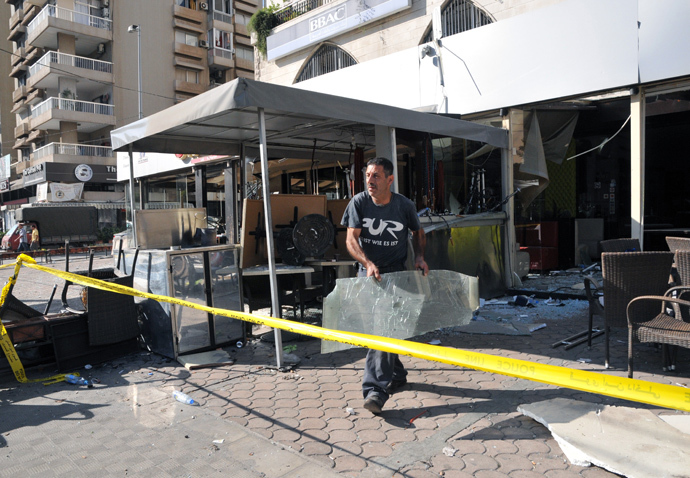
This type of terrorism aims at dividing communities by using
destructive identity politics. It was effectively employed in
Anglo-American occupied Iraq by the US and the UK. In 2005,
British commandos from the SAS were even caught by Iraqi police
in Basra as they were preparing to ignite explosives outside a
local mosque and civilian areas in Basra. The two SAS members
were even disguised as Arabs with wigs and photographs were taken
of them with the explosives that they were carrying.
Their goal was to create sectarian fighting among the Iraqis, to literally turn Shia against Sunni, through acts of terrorism. In an omission of guilt, the British military resorted to attacking the police station in Basra with tanks to free the two SAS commandos and, finally, the British government would mutely pay for the damages.
The Independent carried a story in 2006 about this same strategy.
The British paper wrote that the US was “trying to provoke an
Iraqi civil war so that Sunni Muslim insurgents spend their
energies killing their Shia co-religionists rather than soldiers
of the Western occupation forces.”
This particular passage printed in the newspaper is very telling: “One young Iraqi man told us that he was trained by the Americans as a policeman in Baghdad and he spent 70 per cent of his time learning to drive and 30 per cent in weapons training. They said to him: ‘Come back in a week.’ When he went back, they gave him a mobile phone and told him to drive into a crowded area near a mosque and phone them. He waited in the car but couldn’t get the right mobile signal. So he got out of the car to where he received a better signal. Then his car blew up.”
This is the same dirty game that is now being played in Lebanon, Syria, and Iraq. Question more.
The statements, views and opinions expressed in this column are solely those of the author and do not necessarily represent those of RT.
The statements, views and opinions expressed in this column are solely those of the author and do not necessarily represent those of RT.
